By using our website, you agree to the use of cookies as described in our Cookie Policy
a
Rss Feed
The Role of Building Codes in Home Safety and Compliance
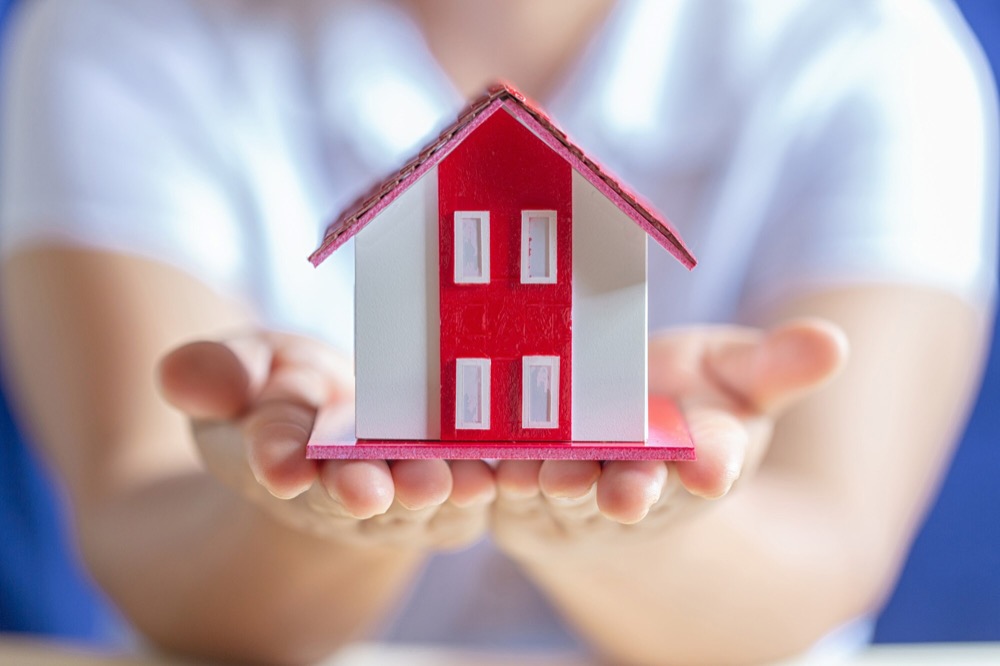 Credit: jcomp on Freepik
Credit: jcomp on Freepik
Building codes are essential for keeping homes safe, durable, and efficient. These regulations set the minimum standards for construction practices, materials, and design, helping to protect homeowners and occupants from potential hazards. Understanding and following building codes is important for anyone involved in the construction or renovation of a home.
What Are Building Codes?
Building codes are a set of rules and guidelines established by local, state, and national authorities to make sure buildings are safe and structurally sound. These codes cover various aspects of construction, including electrical systems, plumbing, fire safety, and structural integrity.
- Structural requirements: Building codes specify the minimum standards for the design and construction of a building's structural elements, such as foundations, walls, and roofs.
- Electrical and plumbing systems: Codes make sure that electrical wiring and plumbing installations meet safety standards to prevent accidents and malfunctions.
- Fire safety: Building codes include regulations for fire-resistant materials, smoke detectors, and emergency exits to protect occupants in case of a fire.
Following building codes is not only a legal requirement but also a key step in keeping your home safe and long-lasting. Ignoring these codes can lead to fines, legal issues, and potential hazards that could put the well-being of occupants at risk.
Why Building Codes Matter
Building codes are designed to protect the health, safety, and welfare of the public. They help make sure homes are built to withstand natural disasters, such as earthquakes, hurricanes, and floods, and that they provide a safe living environment for occupants.
- Safety: Building codes help prevent accidents and injuries by making sure that construction practices and materials meet safety standards.
- Durability: Following building codes helps make sure that homes are built to last, reducing the need for costly repairs and maintenance.
- Energy efficiency: Building codes often include requirements for energy-efficient materials and practices, helping to reduce energy consumption and lower utility bills.
By following building codes, homeowners can have peace of mind knowing that their homes are safe, durable, and energy-efficient. Additionally, compliance with building codes can increase the value of a property and make it more attractive to potential buyers.
How to Stay Compliant
Staying compliant with building codes involves several steps, from the initial planning stages to the final inspection. Working with experienced professionals, such as architects, engineers, and contractors, can help make sure that your project meets all necessary requirements.
- Obtain necessary permits: Before starting any construction or renovation project, get the required permits from your local building authority.
- Work with licensed professionals: Hire licensed architects, engineers, and contractors who are familiar with local building codes and regulations.
- Schedule inspections: Throughout the construction process, schedule inspections with your local building authority to make sure that all work meets code requirements.
Staying informed about the latest building codes and regulations is essential for compliance. Regularly review updates to local, state, and national codes, and consult with professionals to make sure that your project adheres to all necessary standards.
Rose Building Contractors can help you navigate the complexities of building codes and regulations. Our team of experienced professionals is here to assist you with your project. Contact us today at 727-596-2390 to discuss your project and make sure your home meets all necessary safety and compliance standards.
‹ Back

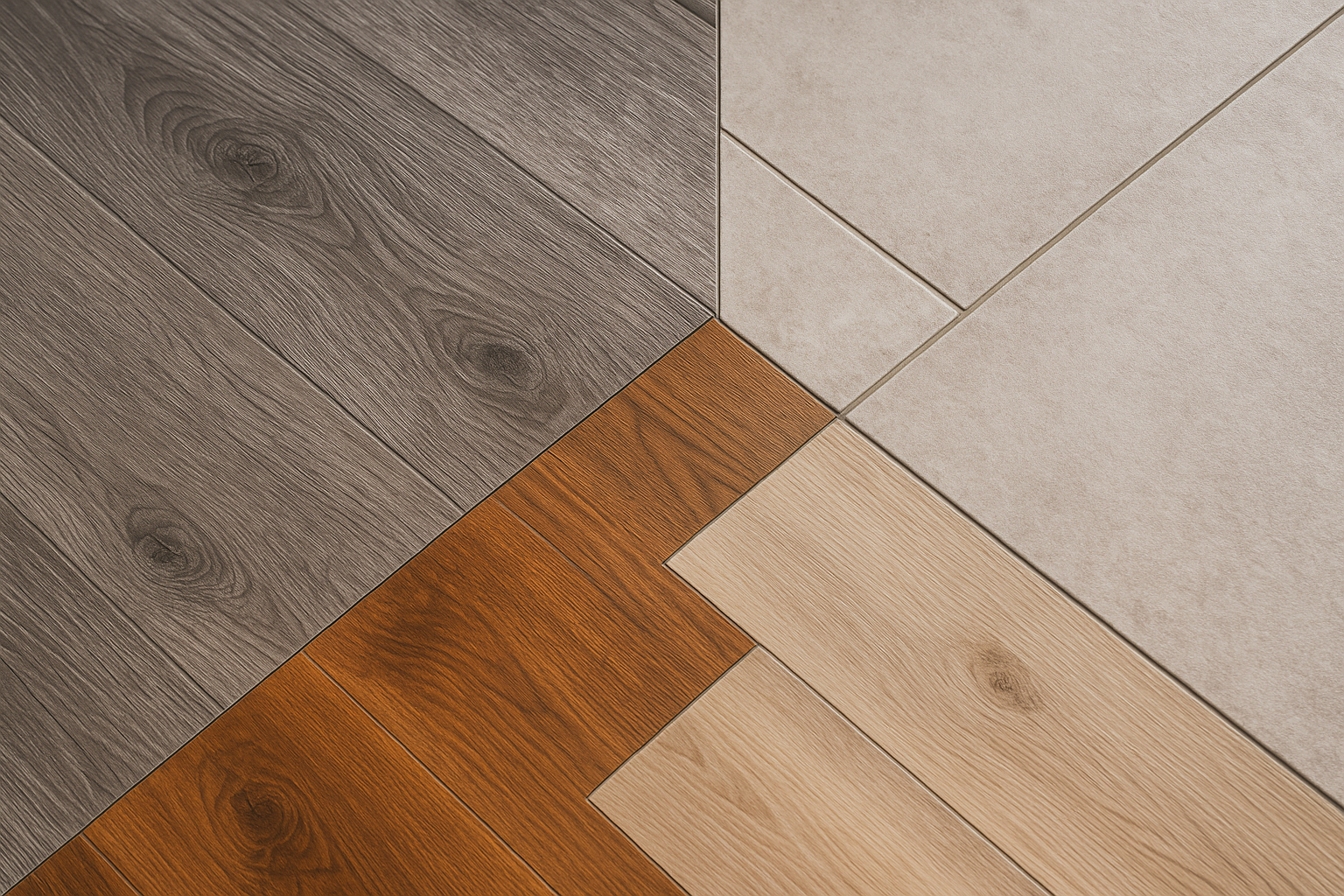

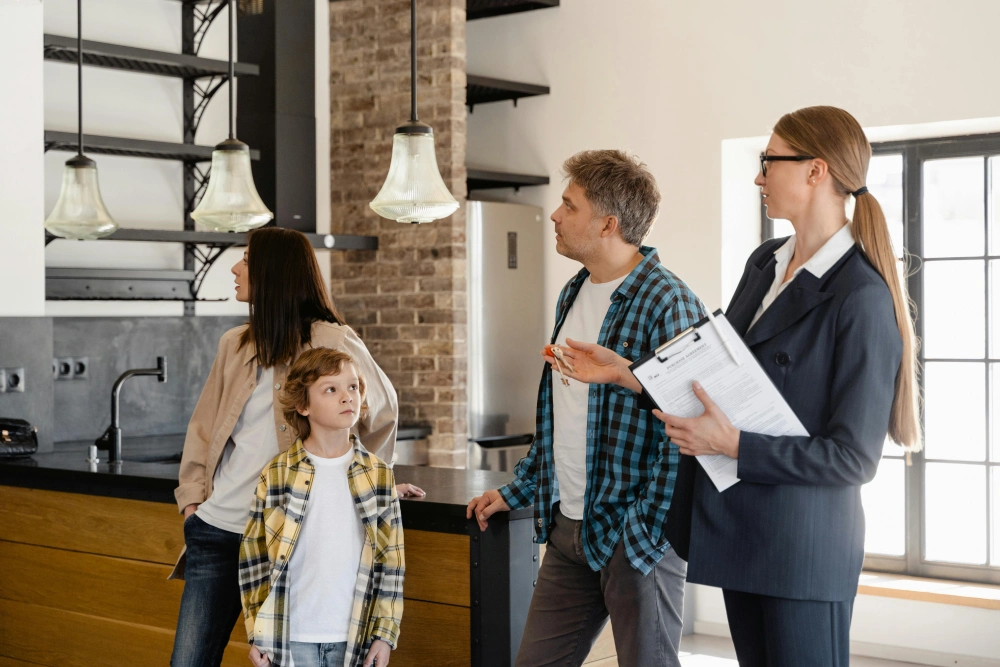
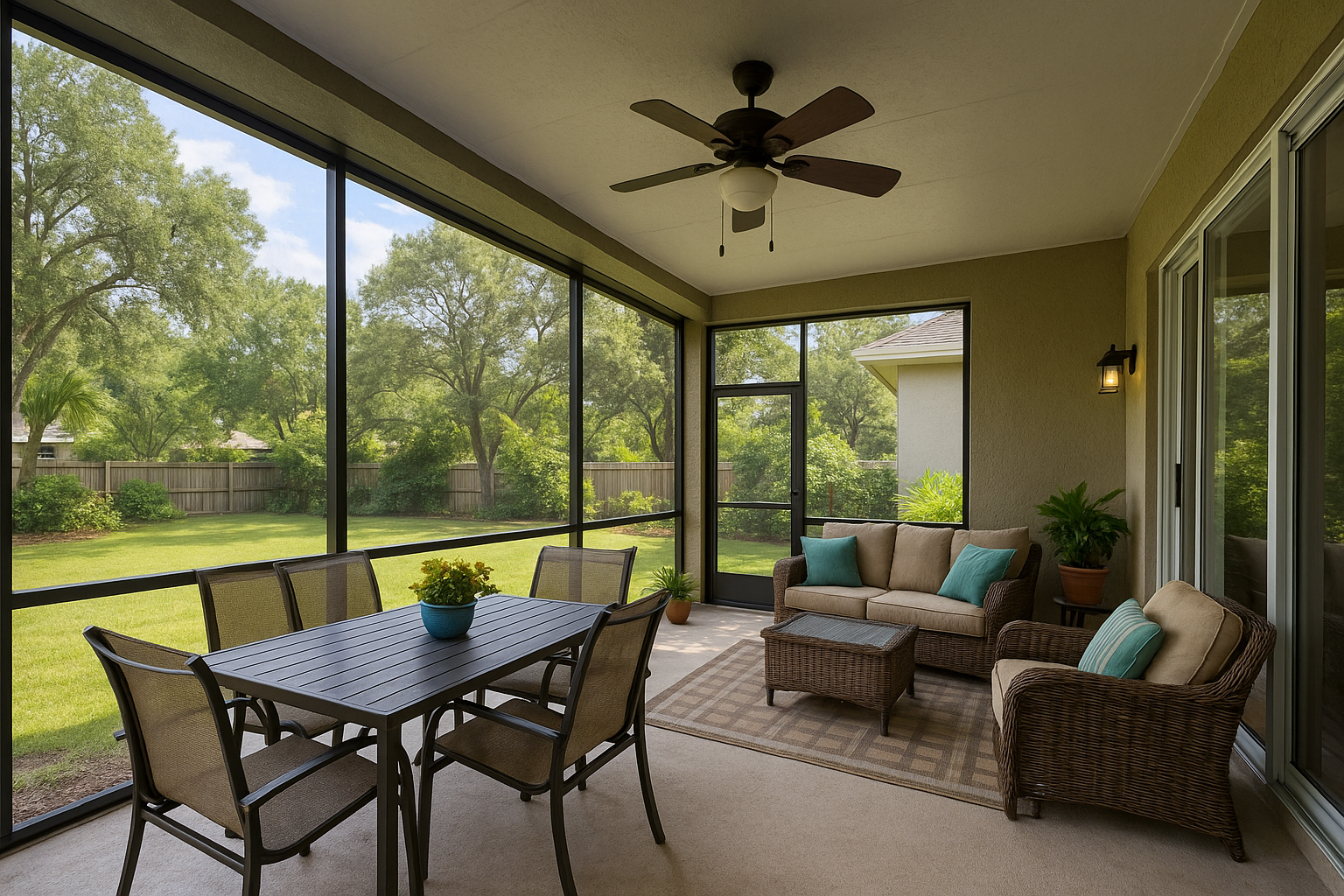
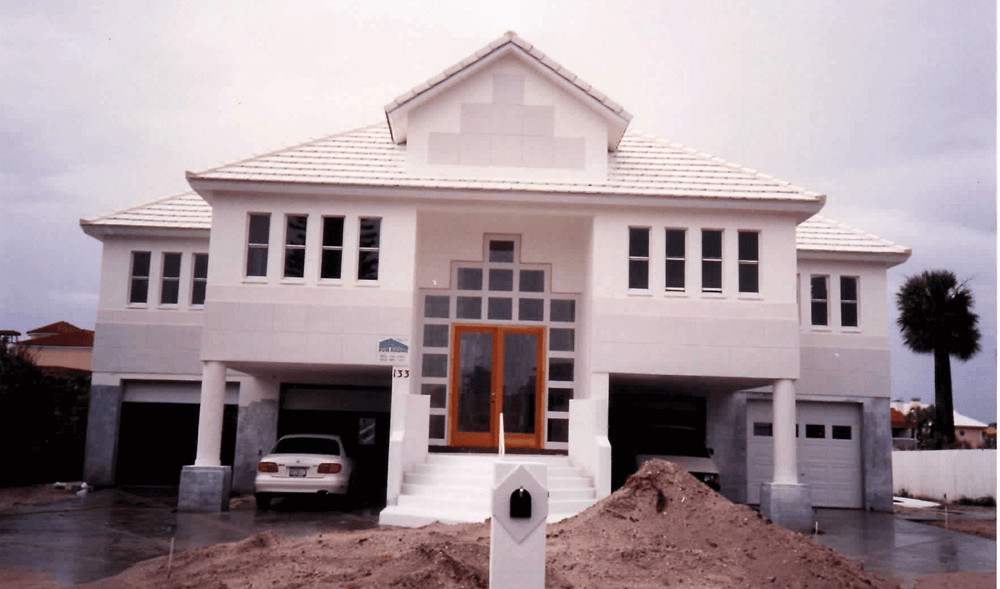
.png)
